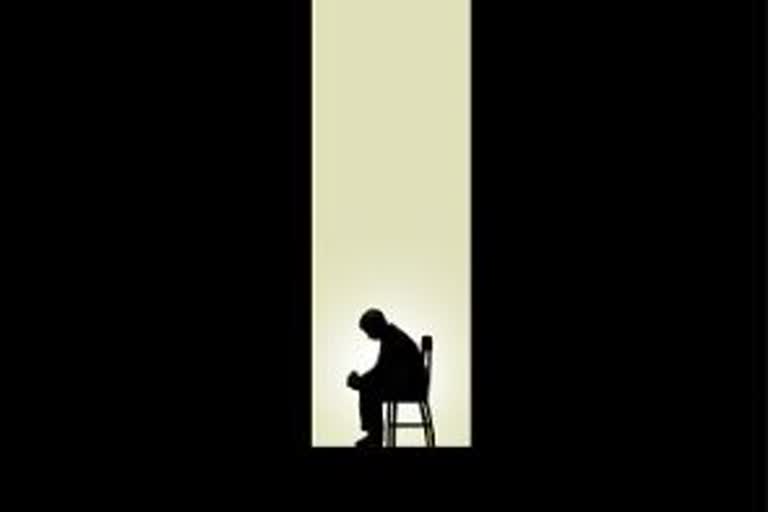Hyderabad: Things were going on well for 46-year-old Kapil Bansal (name changed) of Haryana.
Milk had always been his favourite and he loved to eat out with his family. When Bansal decided to turn into an entrepreneur, investing the lion share of his savings in a dairy and restaurant business, the transition was hassle -free.
That was in early January this year and he hoped by year-end he would be in a position to gradually make some hay out of his investments.
And then came the Covid-19 pandemic, the lockdown and other related new regulations.
With businesses stalled, social distancing norms firmly in place and the initial two months of near-total disruption of the supply chain, Bansal could only stare in the blank.
Compulsory expenses had to be taken care of, rents and electricity bills needed to be paid, employees' salaries and maintenance of the equipment, the list just went long.
The entrepreneur, the dreamer, was gradually falling in a debt trap. The unforeseen disruption was taking a heavy toll on his mental health and Bansal was slowly, but surely slipping in depression.
The Ugly side of new normal
Monetary shock from lay-offs, salary cuts, slash in interest as well as rental incomes, savings going haywire and a host of other issues are severely harming the mental health of people, cutting across all social strata.
The psychological effects on a person's mental health due to the financial stress is taking a toll with its effects becoming visible across the society.
The Stages
Stage 1: Denial – The psychological effects of financial stress can be in stages, the irony being that it starts with non-acceptance and turning down the fact that your financial wellbeing is not in order.
In such dismissal, you start consoling yourself that everyone is in the same situation in this pandemic and keep on stuffing your dues in a drawer resulting in a pile and more financial stress.
Stage 2: Frustration and Anger – Further, comes the stage when every ounce of suggestion, motivation and care pinches deep in mind.
You start fighting with your loved ones, keep on ignoring your friends who try to help and turn to vent your anger on your family.
Frustration and anger can also arouse physical violence with spouses and kids. The situation is even more drastic when someone is coping with loans and debts- the brain-eaters!!
Stage 3: Anxiety and Depression – Stress comes with gloomy outlook, low self-esteem and hopelessness. You can't focus on work, unable to remember things or cope with drawbacks.
Anxiety leads to lack of sleep, difficulty in concentrating and terrifying hustle, where even small expenses seem huge; these mixed effects make you realise that depression is real!!
Stage 4: Starts making bad decisions – Freaking out due to financial stress can push you into a debt trap and hopelessness advancing to a messed up financial judgement.
This wound on mental health has decreased self-control, increased spending and scrambled many budgets.
The feeling of guilt and embracement grows like vicious mushrooms over mounting piles of bills and debts, lay-offs, salary cuts and monetary mismanagement.
The chronic credit crunch extending from pre-COVID to post COVID has long term effects such as addictions and abuses, residual issues are yet to come.
How to manage the psychological effects of financial stress?
No one is immune from the psychological effects of financial stress.
Need for financial counselling
The vaccine for coronavirus may be in coming soon mode but prevailing economic distress is in no mood to go in near future so you need to manage this monetary stress through financial counselling and its psychological effects through meditation.
Be happy in the state we are and work upon your fears related to money.
Read more:Who is afraid of profit in education?
Turn a little miser
We need to make extraordinary efforts in these unexpected conditions; increase your financial control by only spending on needs, try to pay-off debts, indulge in new hobbies or restore your long-gone passion and think of it as an opportunity to redesign your job.
Keep learning and Indulge your energy in something more meaningful.
Look at the brighter side of life
Do not over think about your problems. Studies have suggested that problems seem hiked up when over evaluated.
So try to calm and think practically about possible solutions because nothing is permanent; remember, life is much longer than this pandemic.
(Written by Vaishali Singh. Author is a freelance personal finance writer.)



